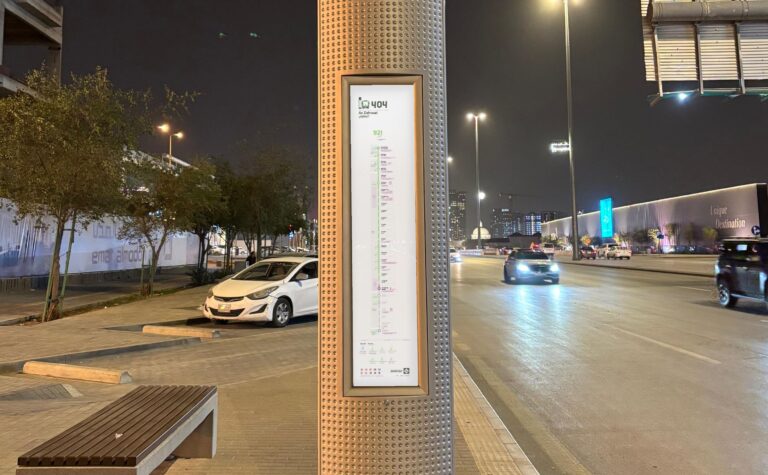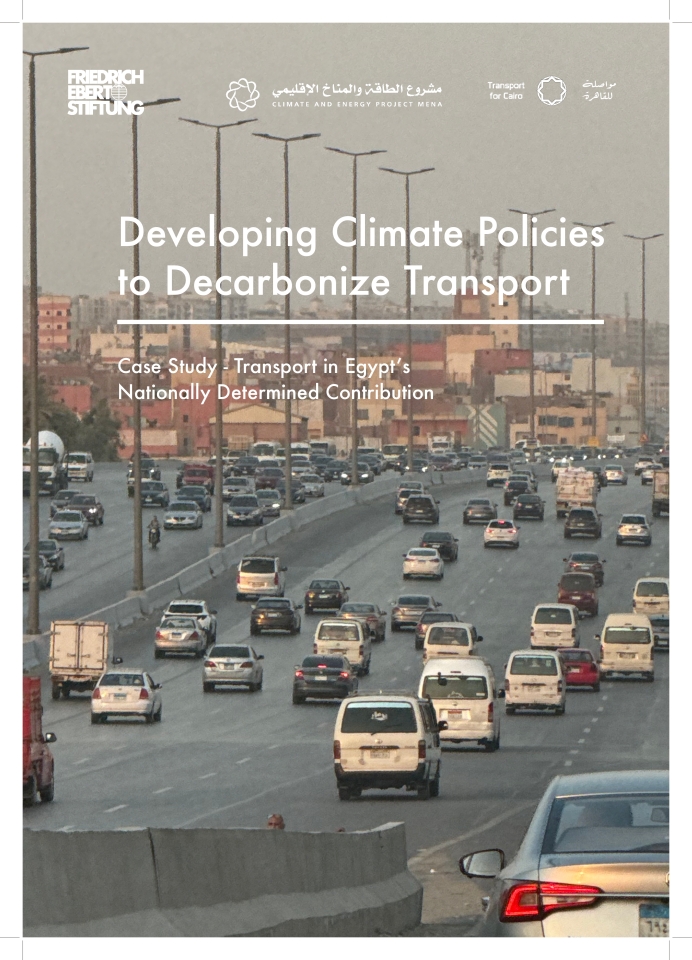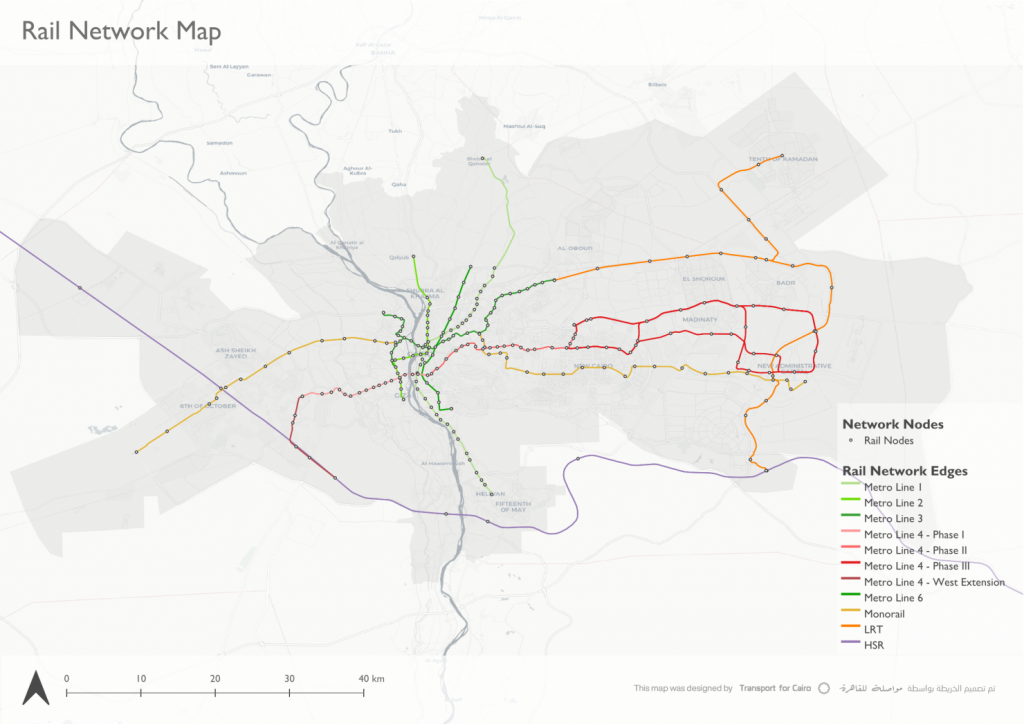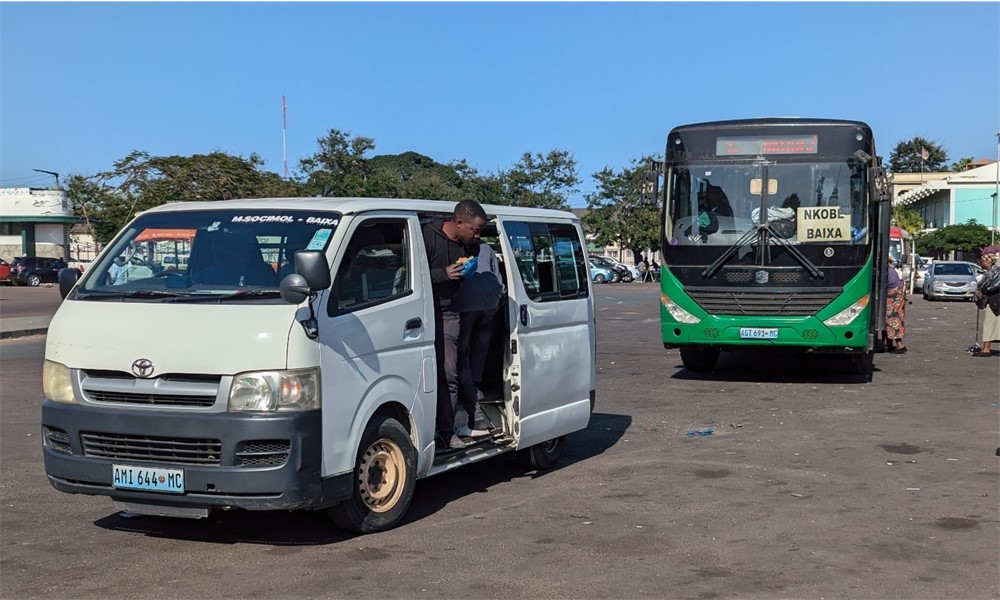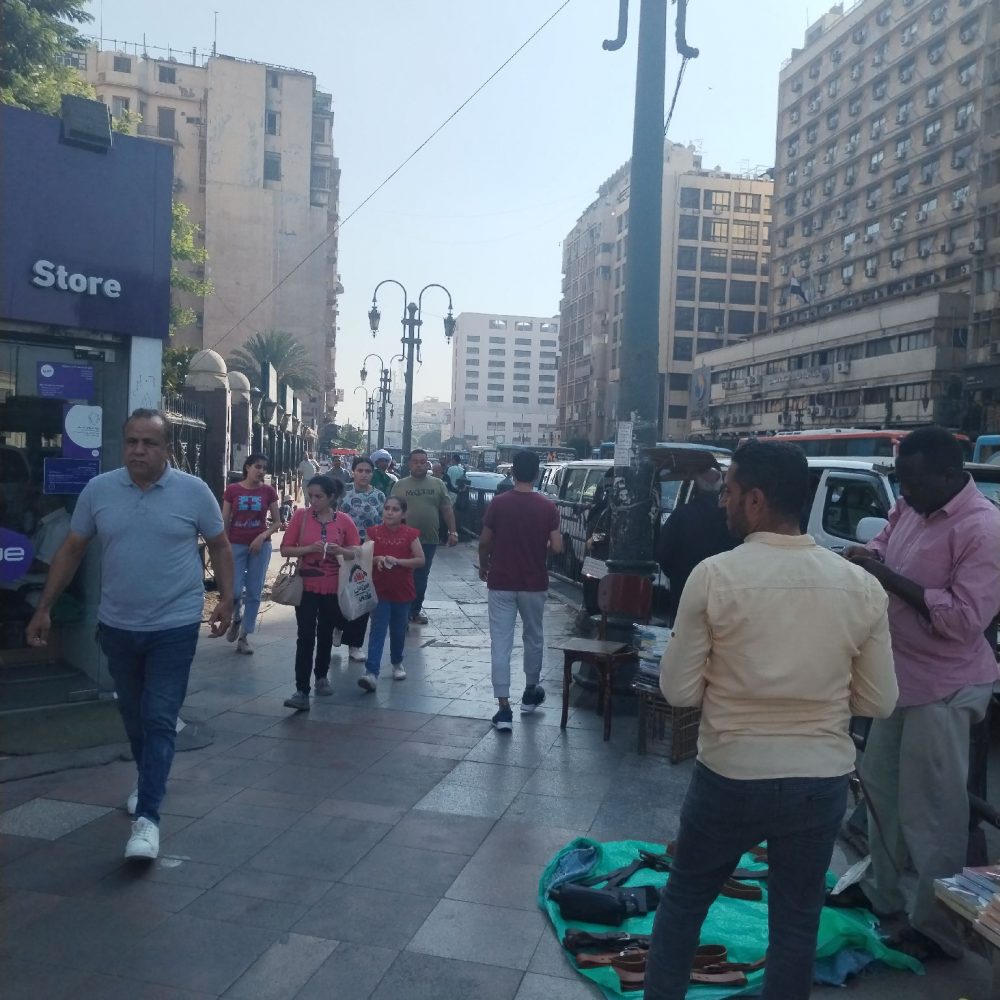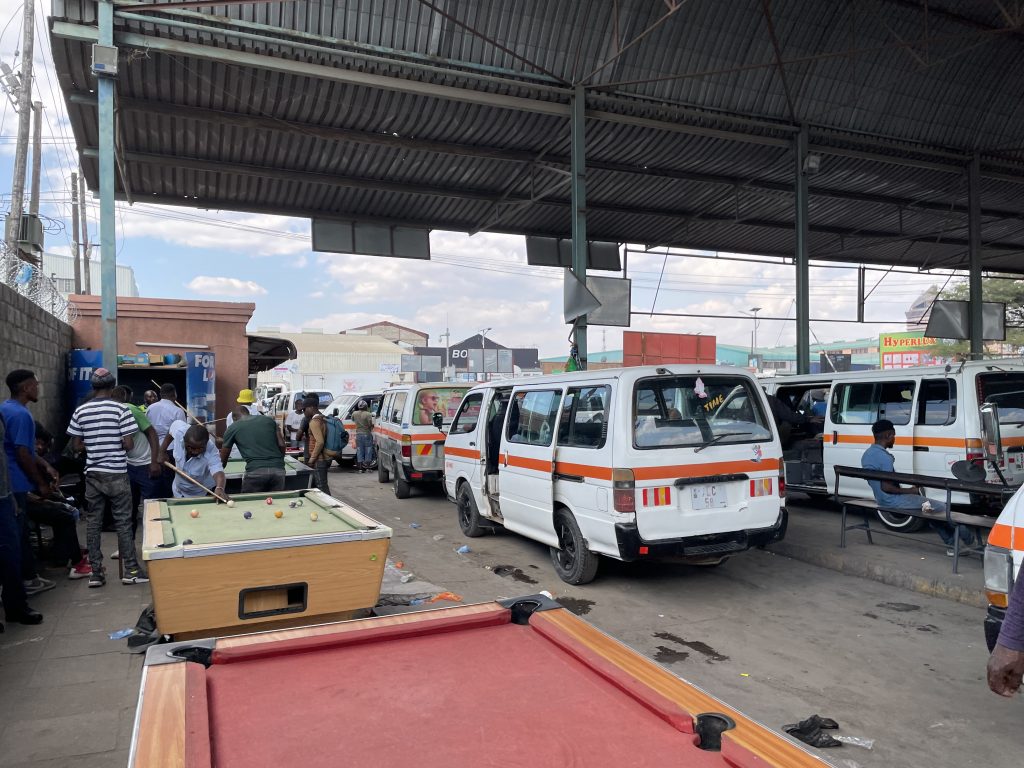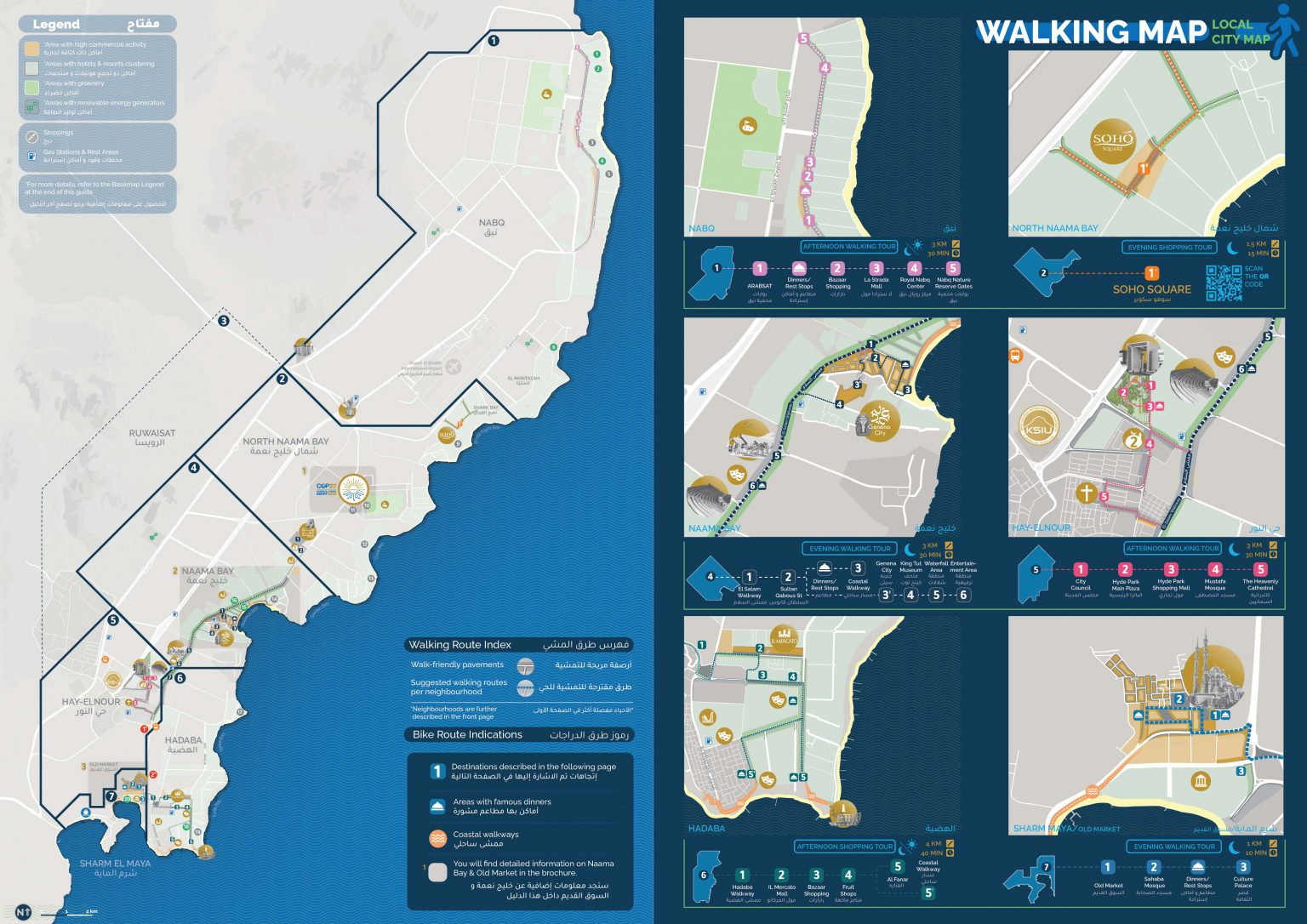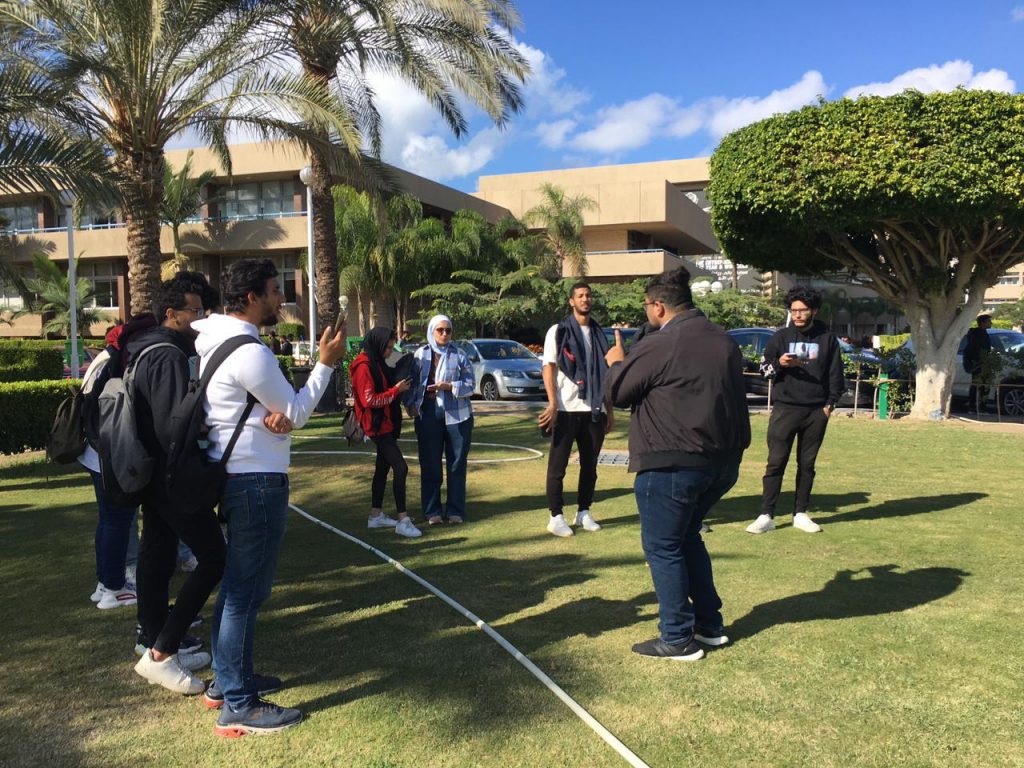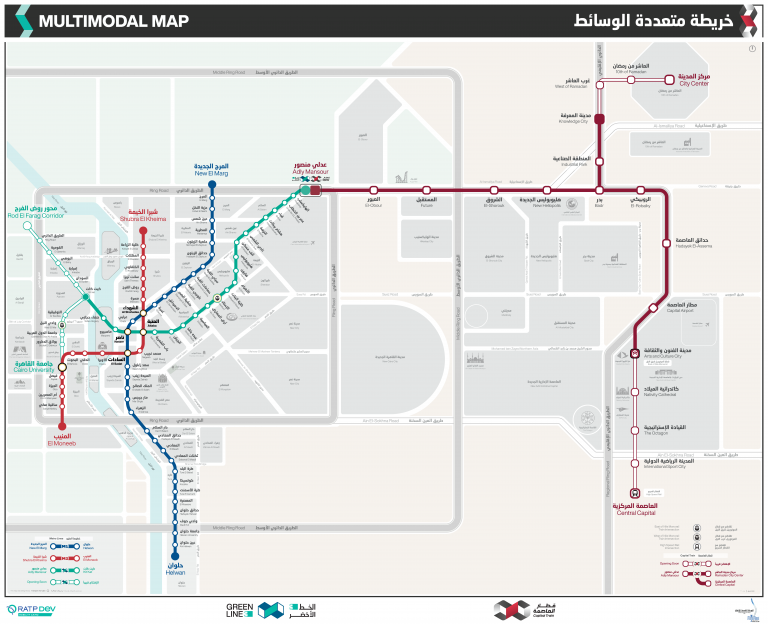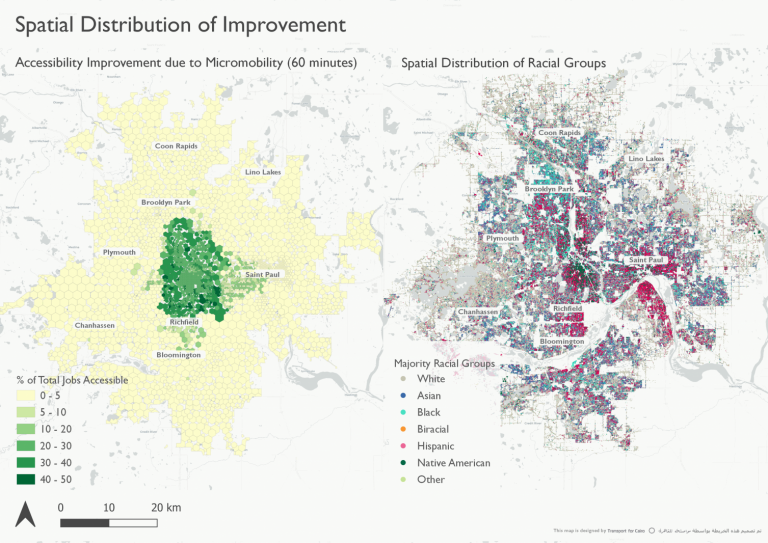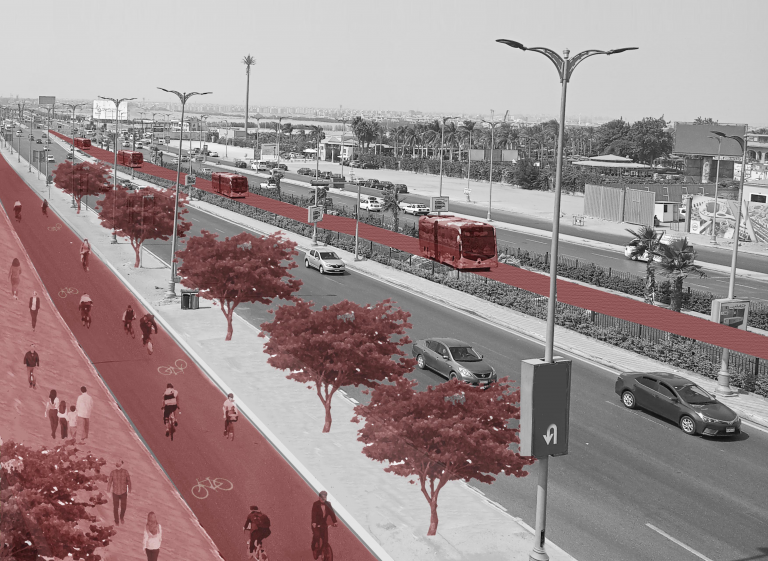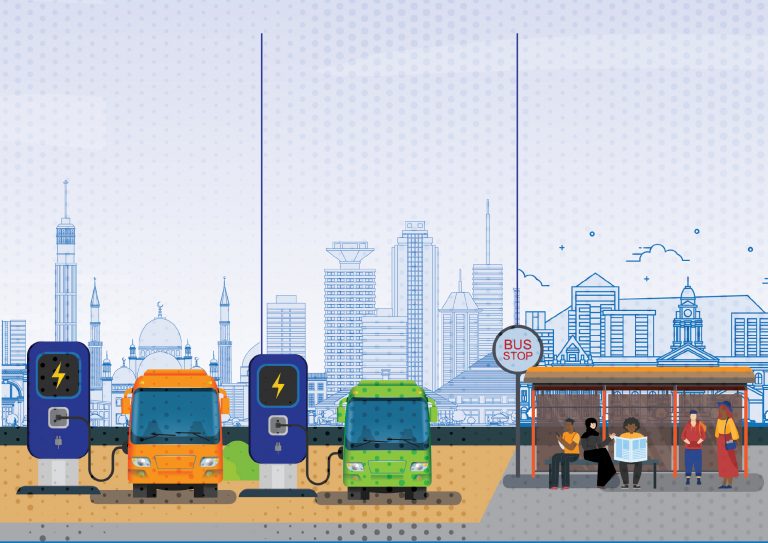Our Portfolio
Riyadh Bus Network Pilot Project: Information and Mapping

Passenger Information Systems
Status
Completed
The project is dedicated to informing people about the existence of the bus network and supporting passengers with all the necessary information needed for the before & after (last-mile) journey phases in the passengers trip.
The project aims to update the existing passenger information at 15 locations.to maintain an up-to-date information system in key-action areas by including:
- Bus Line Information Pillars
- Bus Station area maps (Neighbourhood Maps)
- Bus Station timetable displays
Development of a Global Facts Study and Actionable Framework on Capacity Building in Urban Transport

Scope
Decarbonisation, capacity building, stakeholder engagement
On behalf of the Transformative Urban Mobility Initiative (TUMI), Transport for Cairo (TfC) conducted a global facts study on capacity development for sustainable transport.
Surveying 21 transport institutions across 16 countries from Africa, Asia, Europe and Latin America, the study identified critical capacity gaps on the individual, institutional, and societal levels.
From workforce shortages, limited coverage of sustainable transport in existing educational programmes, and oftentimes, the lack of enabling legal and political frameworks, – the study maps out the key challenges and the pathways to solutions focusing on capacity building beyond short-term interventions.
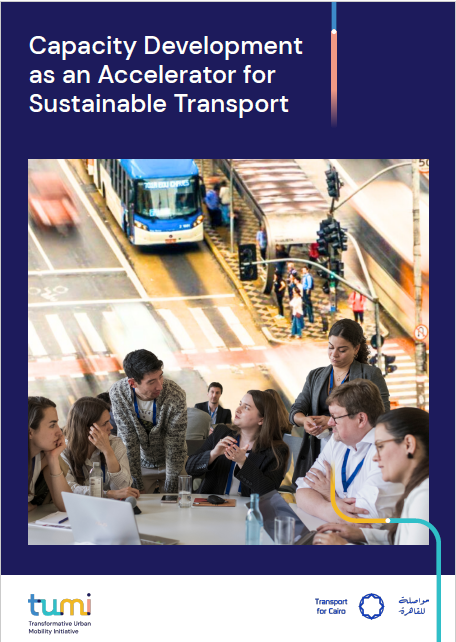
TfC Urban Mobility Lab
Recommendations for Transport in Egypt’s Nationally Determined Contribution

Scope
Climate, Passenger transport, Freight transport, Policy,
Status
Completed
Developed a comprehensive set of recommendations to strengthen Egypt’s Nationally Determined Contribution (NDC) in the transport sector. The work covered passenger and freight mobility across public, private, informal, and rail modes, addressing both urban and intercity contexts.
Drawing on global best practices from UITP, PATH, UIC, and ITF, the recommendations were contextualized to Egypt’s realities through local data and stakeholder consultations. The outcome is a roadmap that supports more sustainable, inclusive, and low-carbon transport pathways aligned with Egypt’s climate commitments.
Global NDC Template for Popular Transport
Scope
Decarbonisation, Popular transport, NDCs, Africa, Asia, Latin America
The Global Network for Popular Transport (GNPT) and Transport for Cairo (TfC) with TUMI’s support developed the Global NDC Template for Popular Transport to formally recognize the emission reduction potential of Popular Transport and integrate these services into global climate action.
Popular transport services, which are publicly provided, but privately operated, emerge in nearly every fast-growing city in low- and medium-income countries. While mini- and microbuses are the most used popular transport modes in Africa and Latin America, two-and three-wheelers, including tuk-tuks and motorcycles, are prevalent in Asia.
The template highlights the untapped potential of popular transport for reducing greenhouse gas emissions, improving resilience, and supporting just transitions. By including actionable strategies, case studies, and recommendations, the template aims to foster sustainable mobility systems while addressing social equity and climate goals. It complements existing Transport NDC frameworks for rail, public transport and active mobility.
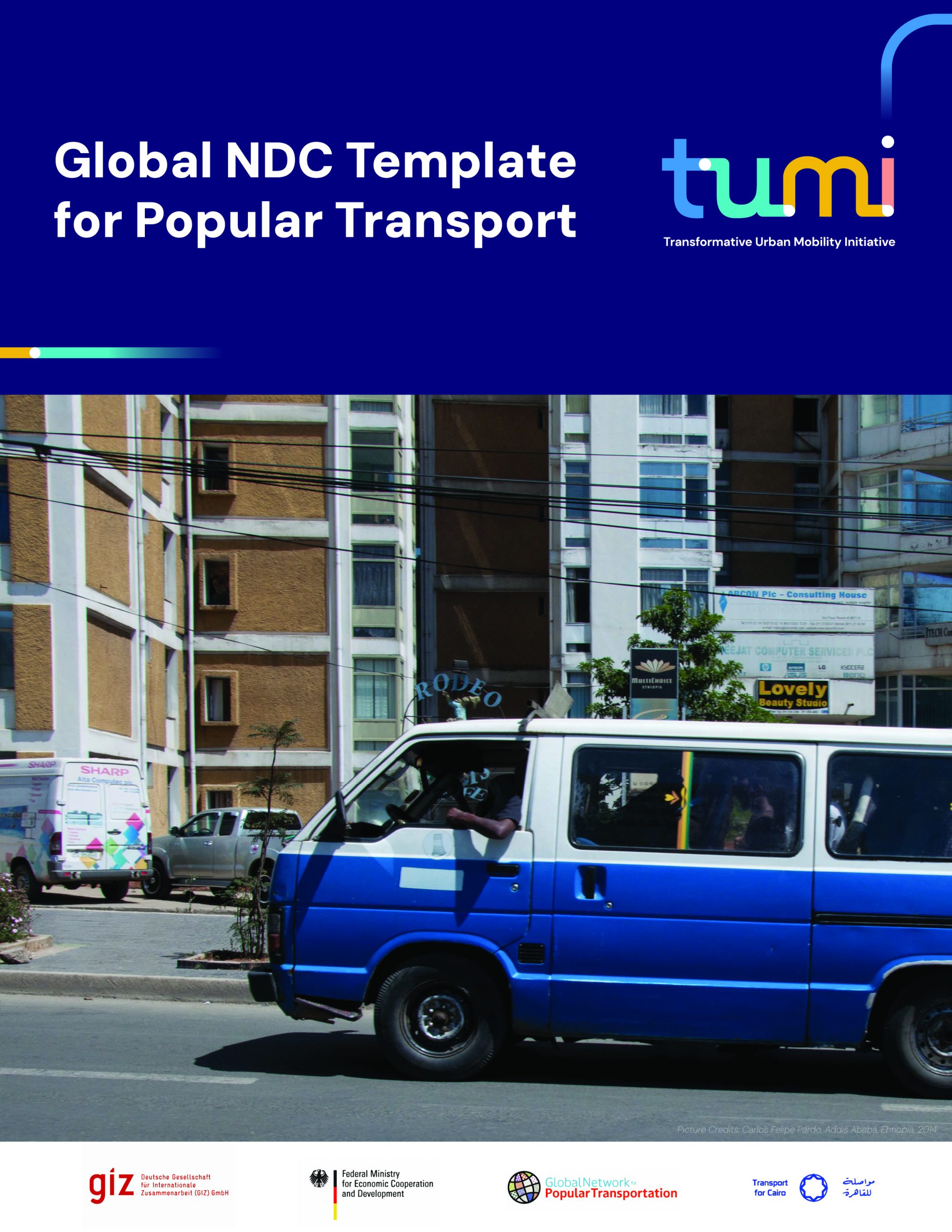
TfC Urban Mobility Lab
Transportation Surveys and Data Collection for Greater Cairo Metro Line 4 Phase 1 East-West Extension Project

Data Collection, Transport Modelling, GIS
Status
Completed
The aim of this study is to assess the feasibility of Metro Line 4 extensions by building an accurate, up-to-date transport model that utilizes on-ground traffic and Origin-Destination data. The model should also utilize stated-preference surveys to assess potential modal shift.
TfC provided the methodology, data from the field, and further analyses of the data received from the following field research surveys:
- Cordon Line
- Road-Side Traffic Count
- Screenline
- Stated Preference
- Travel Time
The team created a GIS database for the road network in the GCR, ready to be integrated into a 4-step transport demand model
Active Travel in Egypt’s NDCs: Paving for Action
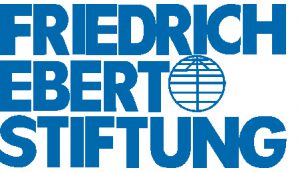
Scope
Policy Analysis, Non-motorised Transport
Status
Completed
The paper focuses on the actionable role that walking and cycling (Active Travel) can play in the shift towards sustainable mobility. Egypt’s latest NDC was produced in 2022 and was recently updated in 2023, the role of active travel is heavily undervalued in both versions of the NDC. The next NDC is planned to be published in 2025.
The objective of the paper is to recommend actions that would ideally be incorporated into the upcoming NDCs regarding active travel. These recommendations will focus on creating actionable steps related to walking and cycling, which will be endorsed into the upcoming plans towards achieving sustainable mobility.
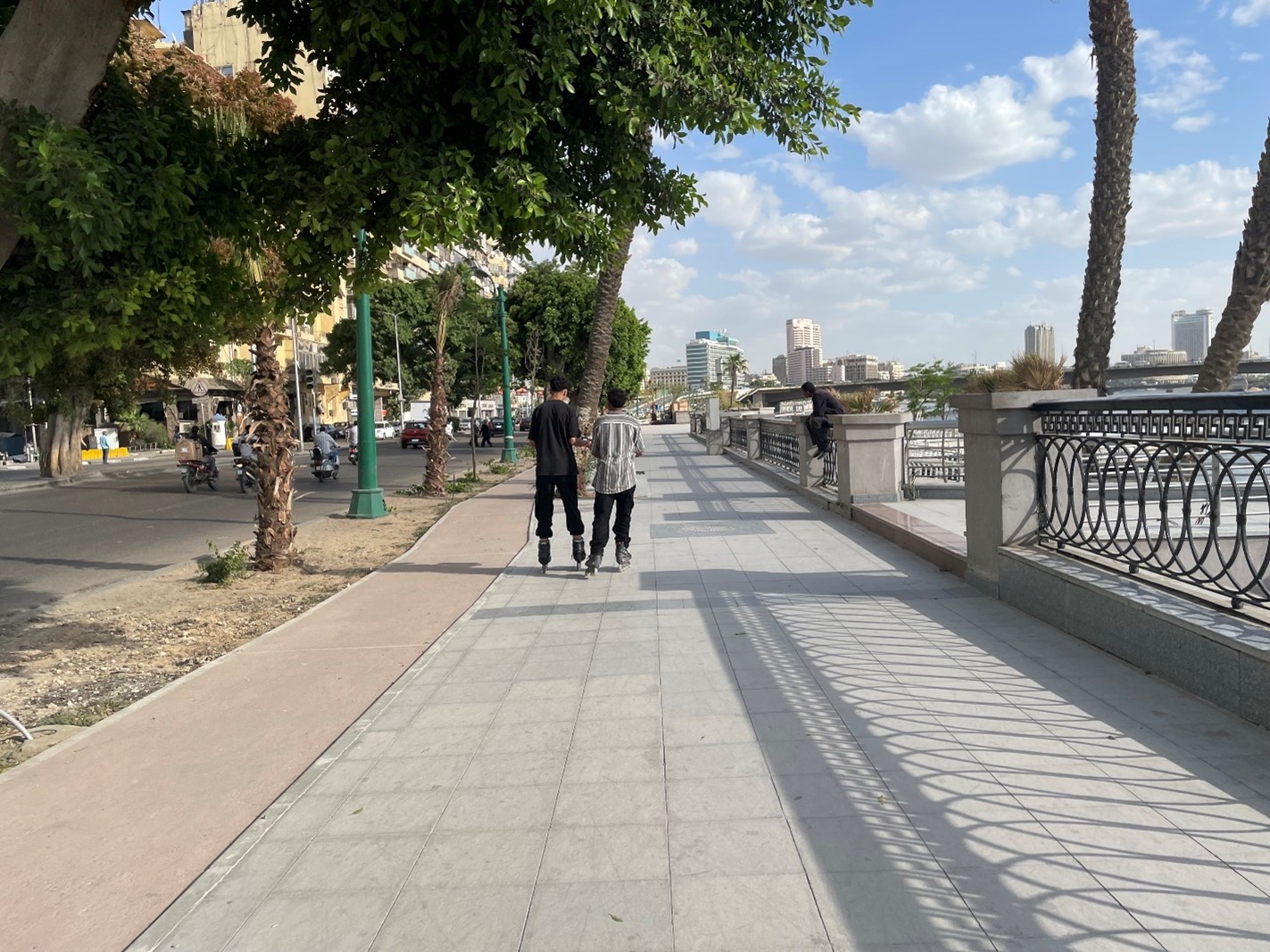
TfC Urban Mobility Lab
Market-share surveys of bus and chapa operations in the MMA BRT system

Scope
Market share, Market valuation, Data Collection, Stakeholder Analysis
Status
Completed
The project is focused on providing support to The Metropolitan Transport Agency (AMT) to best decide on actions concerning existing chapa operations as they intersect with the BRT proposed route. The focus is on collecting data to provide a characterization of the market shares among operators that currently run vehicles in the BRT corridor (the affected operators), so that their net present value is justly quantified and to inform a future effort for professionalization of the bus operations in the BRT corridor.
Improving Public Transport in Greater Cairo: Regulatory Institutions Development Options

Scope
Institutional Development, Data Collection, Non-motorised Transport
Status
Completed
The project is focused on providing support to the LTRA in building capacity for a successful Cairo Ring Road Bus Rapid Transit (RR-BRT) project commencement and operation. This includes two workstreams:
- Component A which focuses on supporting the development of a “BRT Central Unit” by defining key staff responsibilities, establishing an organizational structure, and providing training for the staff.
- Components B,C, and D which focus on building a comprehensive database of public transport services operating on the ring road, as well as assess the users’ needs, specifically in relation to the ring road BRT service implementation.
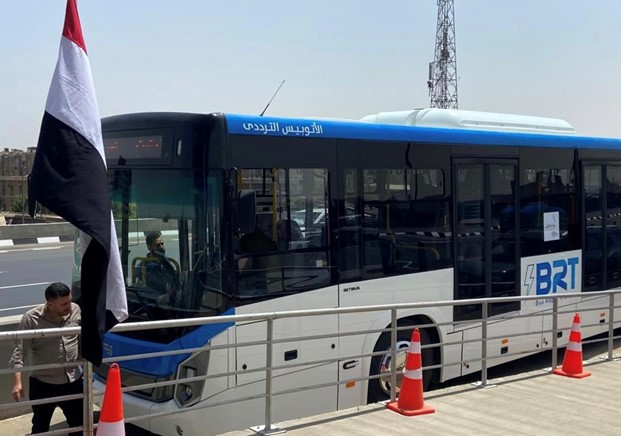
TfC Urban Mobility Lab
Capacity Building in Sustainable Urban Mobility for Low Income Countries “Research on demand and success factors for future supply”

Scope
Capacity Building, Needs Assessment, International Development, Africa, Asia
Status
Completed
There is a significant lack of sector-specific literature on capacity building in the field of passenger transport and urban mobility. Prepared on behalf of the High Volume Transport Applied Research (HVT), the report addresses this gap by examining various capacity building activities and their effectiveness for low-income countries (LICs).
After defining capacity building, the report identifies six types of stakeholders involved in capacity building support (public authorities, international development cooperation agencies, non-profits and NGOs, initiatives and partnerships, universities, and the private sector). A non-exhaustive overview of the different organisations and entities under each type is presented. The report then compiles a catalogue of 14 capacity building formats and lists examples of each related to the transport sector.
Highly relevant for the international transport community and even more so for transport institutions worldwide, the findings of the report give a detailed response to the question of “who does what where” in terms of capacity building support for transport institutions. One of the main findings has been that capacity building can take different forms and extends well beyond trainings to include different formats that promote expert and peer exchanges such as peer reviews, mentorship programmes, participation in committees and working groups etc.
Walkability Application Pilot Study in Egypt
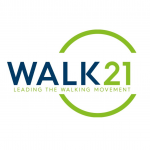
Scope
Data Collection, Non-motorised Transport
Status
Completed
The main objective of the project is to develop a proof-of-concept and pilot the use of the Walkability app in Egypt. The project aims to assess the user-perceptions of walkability in both the inner and outer city contexts within 6 public transit catchment areas. The project has the following objectives:
- Provide a user-based perception reporting tool (the walkability application) to assess walkability in the different areas of Inner and Outer Cairo.
- Learn from the positive and negative reported pedestrian experiences in Cairo, to influence the future design, delivery, and management of pedestrian environments – especially in public transit catchments.
- Identify the priority areas of intervention by governmental stakeholders to consider improving the pedestrian-built environment.
Low Carbon Transport Future in Zambia

Scope
Data Collection, Analysis, GHG Modeling, Capacity Building, Research, Passenger Information
Status
Completed
The aim of the project is to implement a people-centered research agenda that revolves around comprehensive mapping of the public transport system in the urban and peri-urban areas of Lusaka. Our main areas of involvement focuses on:
- Creating a comprehensive, digital database for Lusaka’s paratransit network.
- Build a GHG emissions Model for the network.
- Build the local capacity for Zambia’s OSM community , civil society, and government stakeholders to do the mapping themselves in the future.
- Transit map design
Economic Impacts of Women Lack Of Mobility in The Middle East and North Africa: Build Environment Audit

Scope
Data Collection, Data Analysis
Status
Completed
The aim of the project was to collect data and information (that is perform an audit) of the built environment of 50 public transport locations in Greater Cairo Region. These locations were geographically well distributed and representative of the various types of bus stops in Greater Cairo Region. |
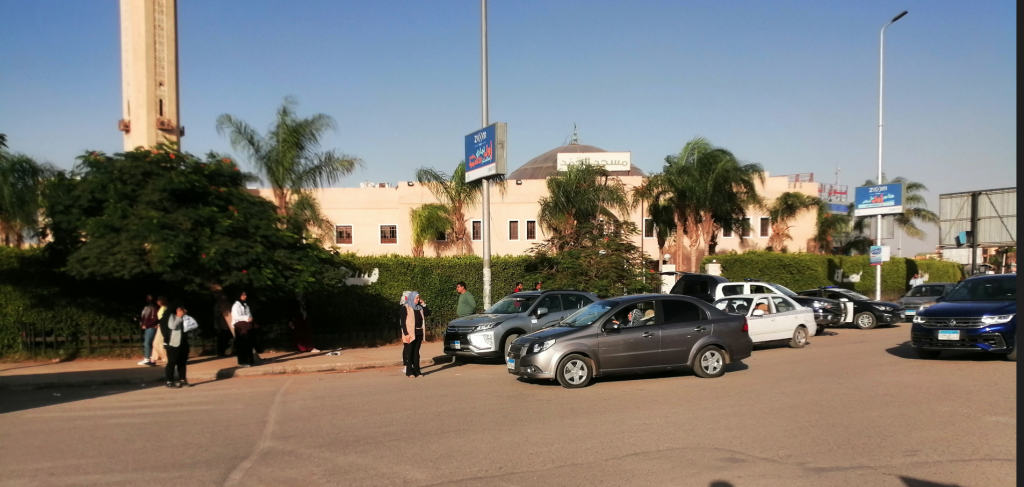
TfC Data Lab
COP 27 Travel Guide Booklet
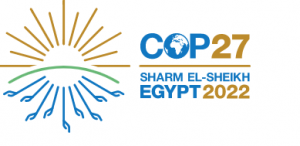
Scope
Data Visualization, Passenger Information Systems
Status
Completed
This project aims to ease the mobility of delegates, attendees, staff and personnel of the COP27, but also acts as an initiative to support the Sharm Green City Project and in branding Sharm El Sheikh to be an environmentally sustainable tourist destination. The travel guide booklet included:
- Background/incentive information
- From/to and within COP27 Venue
- Getting around Sharm Sheikh
- Tourisitc information
Electric Bus Demonstration Project: Detailed Planning and Design Study for Cairo Transport Authority (CTA)

Scope
Data Collection, Analysis, Modelling, Transport planning, Research, Needs Assessment, Capacity building
Status
Ongoing
The project aims to implement E-Buses in Cairo and provide valuable lessons on their operational requirements, with a long-term objective to scale-up e-Bus deployment.
- Assessment and market briefing on e-mobility, with emphasis on public transport services
- Propose a set of service and operational design alternatives for e-bus operation
- Support CTA to determine a final project design and operational plans of the e-bus demonstration project, based on consultations with stakeholders informed by adequate evidence and analytics.
- Analyze existing conditions and market potential of Non-Motorized Transport (NMT), including bicycles, e-scooters, pedestrians, etc.
- Develop a multi-year plan for the Government of Egypt to scale-up e-buses based on the lessons learned from the technology’s demonstration project in Greater Cairo context.

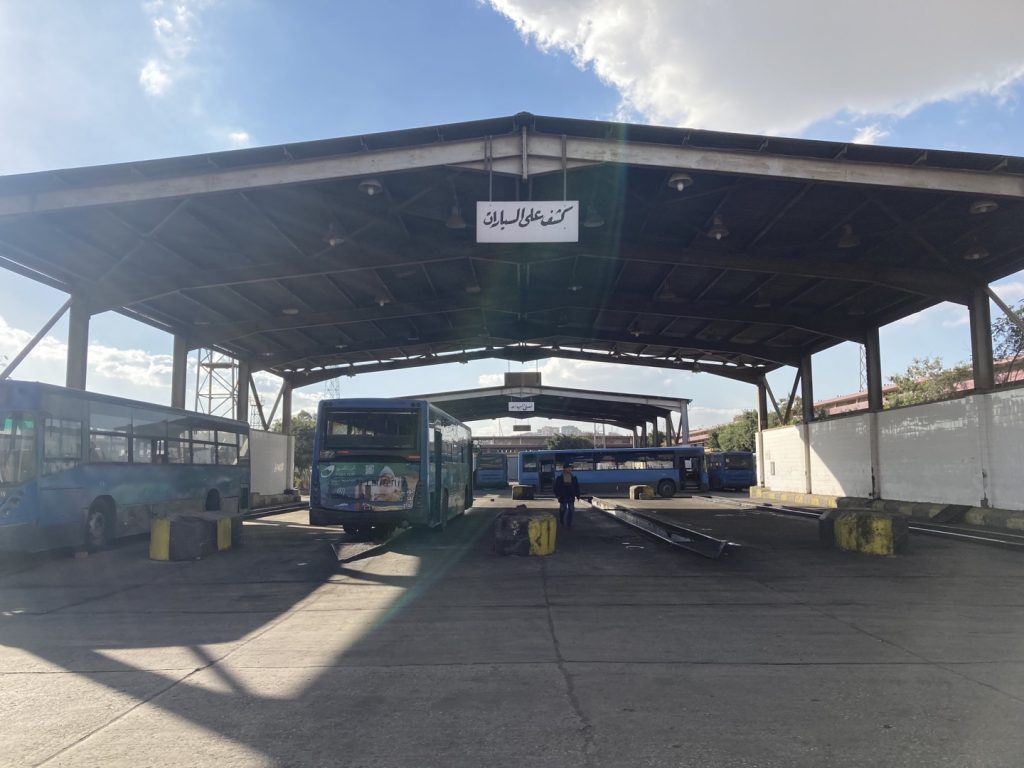
TfC Urban Mobility Lab
Digital Transport for Africa - Technical Support for Cities to go Beyond Mapping

Scope
Data Collection, Analysis, Capacity Building
Status
Completed
DigitalTransport4Africa with funding from French Development Agency (AFD) and leadership of World Resources Institute (WRI) have tasked Transport for Cairo (TfC) to provide technical support for selected African cities to go “Beyond mapping”. The exercise consisted of (a) assessing and choosing an African city to provide technical support, and (b) define the activities and outputs of this technical support based on the city’s specific needs. The exercise was done for three cities:
- Kumasi, Ghana: With a strong communication line between WRI and Kumasi Metropolitan Assembly’s Department of Transport.
- Alexandria, Egypt: With TfC leveraging their existing partnership with the UPGRADE+ team at the Arab Academy for Science & Technology (AAST) university in Alexandria.
- Maputo, Mozambique: With a willing and proactive partner found in Observatório da Mobilidade (OMT).
Greater Cairo Region Mobility Assessment and Public Transport Improvement Study - Household Survey

Scope
Data Collection and Data Analysis
Status
Completed
This is a household survey assessing working women’s access to mobility data for an empirical estimation of the role of public transport systems for women’s access to economic opportunities. The survey covered the Greater Cairo Region (GCR) and focused on themes such as household consumption, users preference to using different public and private transport modes, their travel patterns and the effect of COIVD-19 on those patterns. The survey also covered aspects of livelihood and contained a comprehensive travel diary of the respondents.
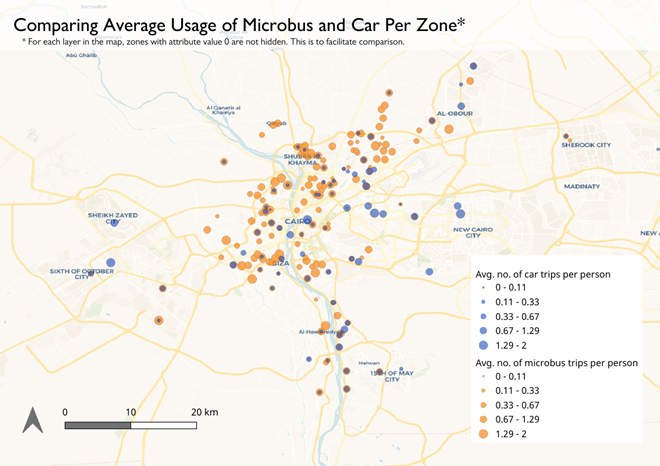
TfC Data Lab
Capital Express (LRT) Maps

Scope
Data Visualization, Passenger Information Systems
Status
Completed
The project is to create LRT’s Maps with the following objectives:
- Provide a complete map design package that covers all potential use cases;
- provide a user-friendly, bilingual passenger information experience to serve the diversity of potential passengers;
- highlight the integration with Green Line 3 and potential other public transport services to attract more ridership including car owners;
- understand and complement the line’s brand with a unified design language.
Needs Assessment of Public Infrastructure Service Management

Scope
Research, Capacity Building, Needs Assessment
Status
Completed
The project is implemented across three Egyptian cities with the following objectives:
- Enabling the local authorities and stakeholders to (1) Identify key areas of improvement in the mobility and public spaces sectors (2) Effectively plan, and (3) Monitor the applied measures
- Developing a capacity development plan that tackles competence gaps
- Building a base of replicable knowledge and processes
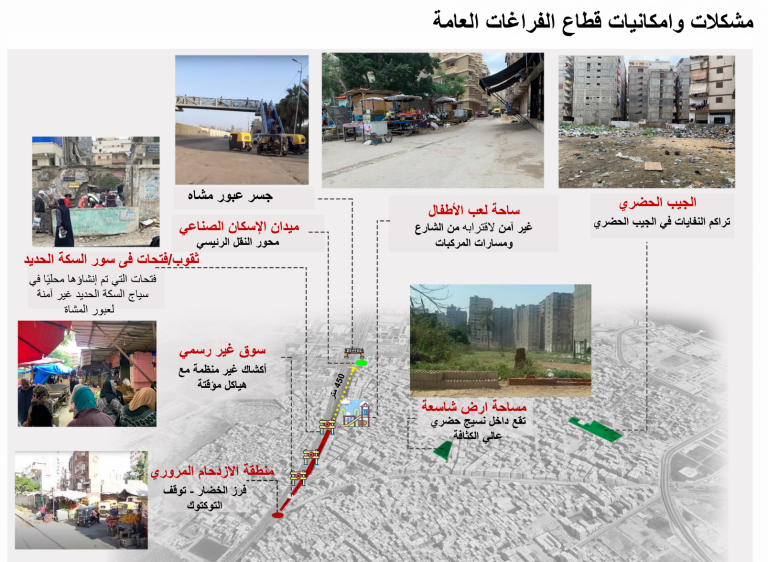
TfC Urban Mobility Lab
Using New Urban Mobility Data in Accessibility Analysis (NUMO)

Scope
Research, Modelling, Data Analysis
Status
completed
Accessibility analysis has gained importance in transport and land use integration research, planning and policy making.
The study focuses on the following objectives and applies them to four different cities:
- Incorporating realistic travel times in the analysis
- Integrating NUM modes in the analysis
- Operationalizing equity parameters into the analysis framework
New Urban Model for Casablanca

Scope
Data Analysis, Modelling
Status
Completed
The World Bank is creating an urban equilibrium model for the city of Casablanca. The model aims to capture the relationship between a city’s spatial form and productivity.
The purpose of this project is to create a high-granularity spatial model of employment that would directly feed into the urban equilibrium model. Given the lack of publicly available spatial employment data, innovate methods are used to create this dataset.
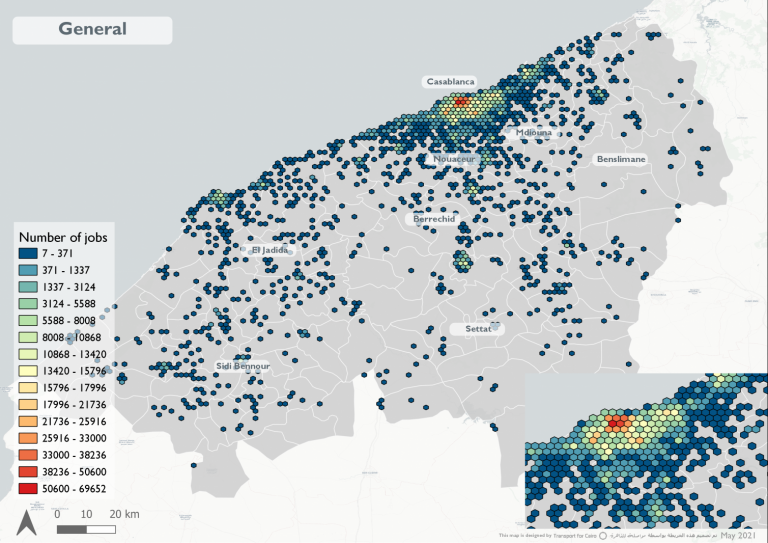
TfC Data Lab
Development of a BRT System in Cairo’s Ring Road
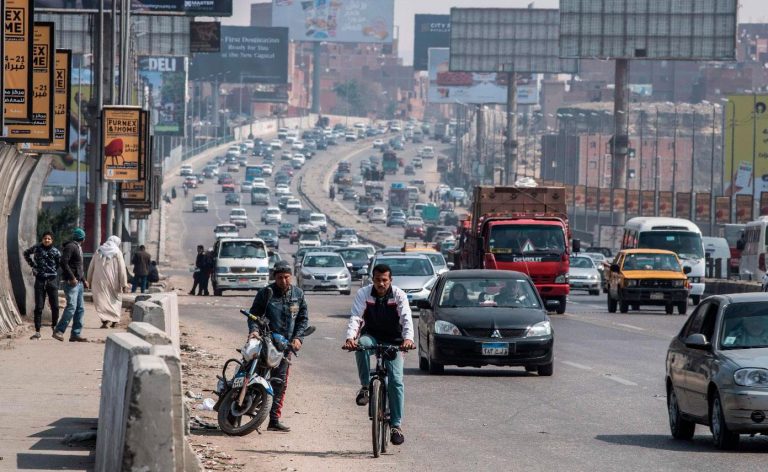
TfC Data Lab

The study’s objective is to propose recommendations for a BRT system to be implemented in the northern section of the Ring road.
TfC was part of a consortium that carried out the following tasks:
- Task 1: Data analysis
- Task 2: Alignment
- Task 3: Service delivery solution
TfC’s main focus was on Task 1, to provide data and insights to support tasks 2 and 3.
Sustainable Urban Mobility Plan (SUMP) in 6th of October City
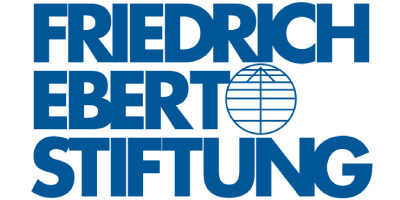
Scope
Data Collection, Sustainable Travel planning, Transport planning
Status
Completed
The Sustainable Urban Mobility Planning (SUMP) process was launched successfully and phased over distinct phases.
Phase 1 ended with the first report comprising a diagnostic of the present situation, future scenarios and a future vision of 6th of October City in Cairo. The second phase was designed to set actionable targets and to develop an effective package of policy and investment measures to meet them.
Exploring the Potential of Minibus Electrification in Three African Cities
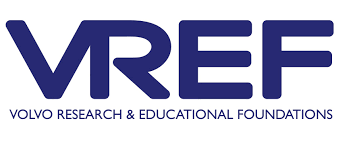
Scope
Research, Policy Paper
Status
Completed
The study examines the viability of paratransit electrification as a policy option to effectively tackle public health, climate change and equity challenges in three African cities: Cairo, Nairobi and Cape Town.
TfC drafted the Egypt component of the comparative review, including a review of the energy, transport and finance sectors; SWOT analysis of electrification and developing policy recommendations therefor.
Ghana Urban Mobility and Accessibility Project (GUMAP)

Scope
Data Collection, Data Analysis, Capacity Building
Status
Completed
Funded by SECO, the project aims at diagnosing Greater Accra in order to prioritize actions to address the core mobility and accessibility issues.
TfC is providing capacity building and advisory services to complete the transport data collection and data management scopes of the assessment. This includes giving direct access to the RouteLab technology platform to the local authorities and ensuring they collect the relevant data.
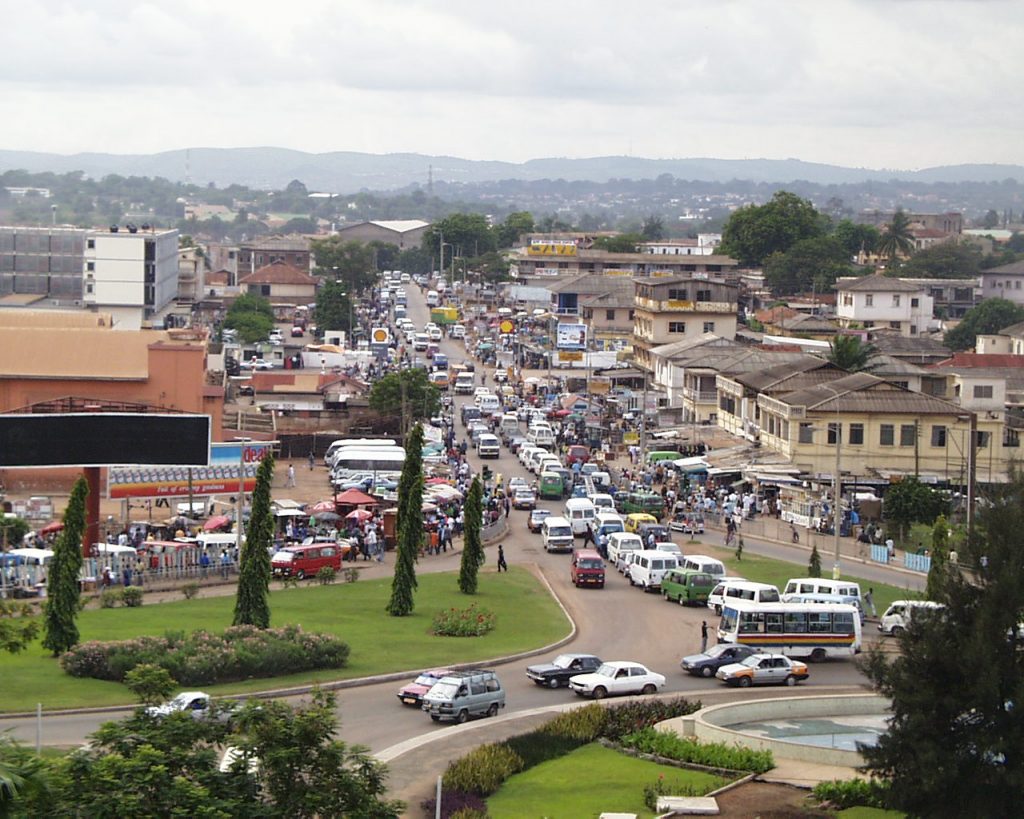
TfC Urban Mobility Lab
Greater Cairo Region Mobility Assessment and Public Transport Improvement Study
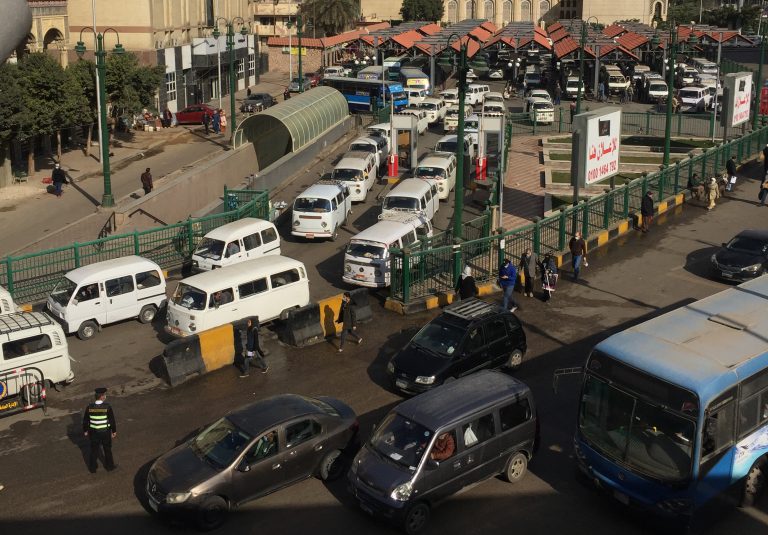
TfC Data Lab

Scope
Data Collection, Data Analytics
Status
Completed
The study proposes public transport investment projects to improve efficiency and environmental footprint of the region’s economy. It will also address inclusiveness challenges by providing safer, more reliable, and more comfortable experience for all and especially women, vulnerable groups, and people with special needs.

The objective of this project was to design the new official transit maps for the 3rd Cairo Metro Line as part of the Rebranding Project for Green Line 3, newly operated by RATP Dev Mobility Cairo (RDMC). TfC designed six different maps, such as the Metro Network map, the Ticket guide maps, the Station Neighborhood maps etc.
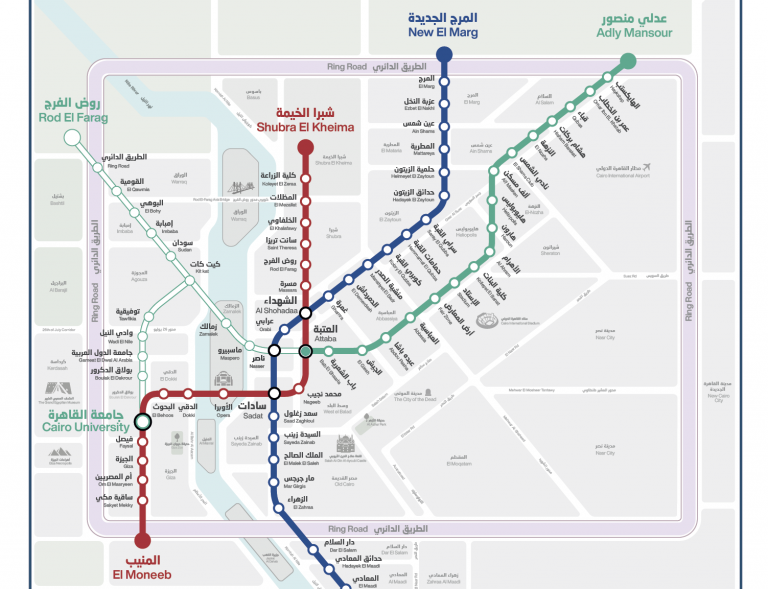
TfC Passenger Information (PIS)
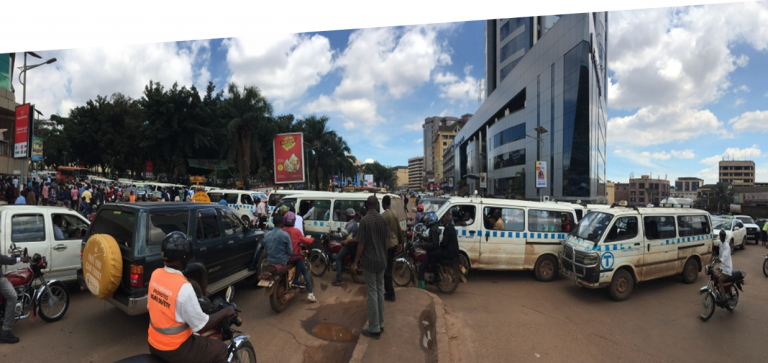
TfC Urban Mobility Lab

In 2019 AFD commissioned us to conduct a study map the public transport network of Greater Kampala Metropolitan Area (GKMA). In 10 weeks we collected the data using our Route Observer application, observing 1492 trips and 587 routes operating out of Matatu stages across GKMA. Video feeds were used for traffic counts and machine learning algorithms were used to classify vehicles across selected sections for analysis.
Greater Cairo Region Digitalization

Scope
Data Collection
Status Completed
In 2019 the World Bank commissioned TfC to complete the map with only 2 months of mobilization time and 3 months of mapping time, producing fully functional GIS and GTFS databases.
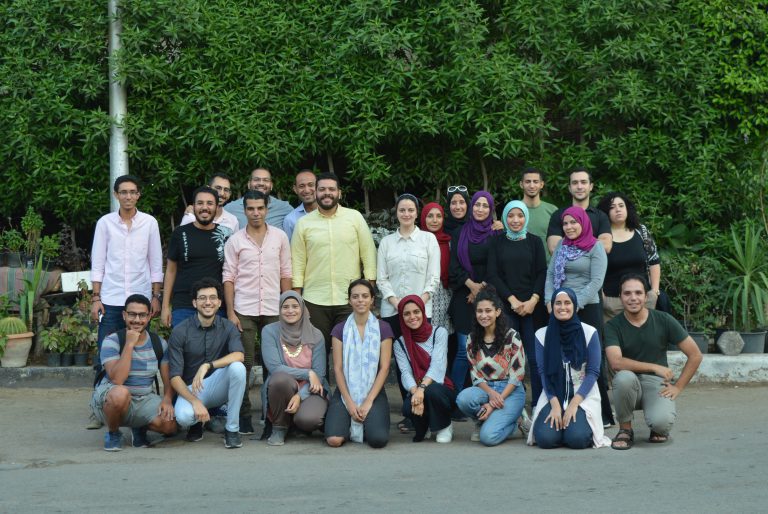
TfC Data Lab
Multimodal Transport Strategy for the Greater Cairo Region
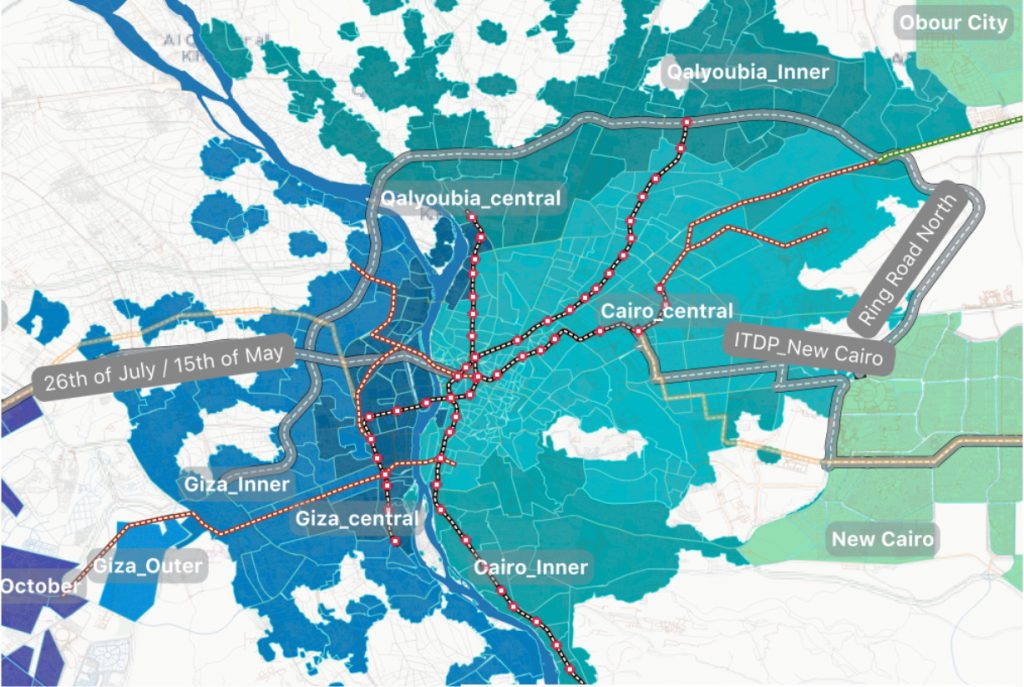
TfC Urban Mobility Lab

Scope Multimodal transport planning, Accessibility Analysis
Status Completed
Digital Mapping of Addis Ababa Transport Network

Scope Capacity Building, GIS, GTFS
Status Completed
The WRI contracted TfC to provide capacity building to the Addis Ababa Transport Authority and Addis Ababa University to digitize the paratransit and bus networks, and create one single integrated GIS database. The data was then locally converted into GTFS and was made openly available on the DigitalTransport4Africa. platform.
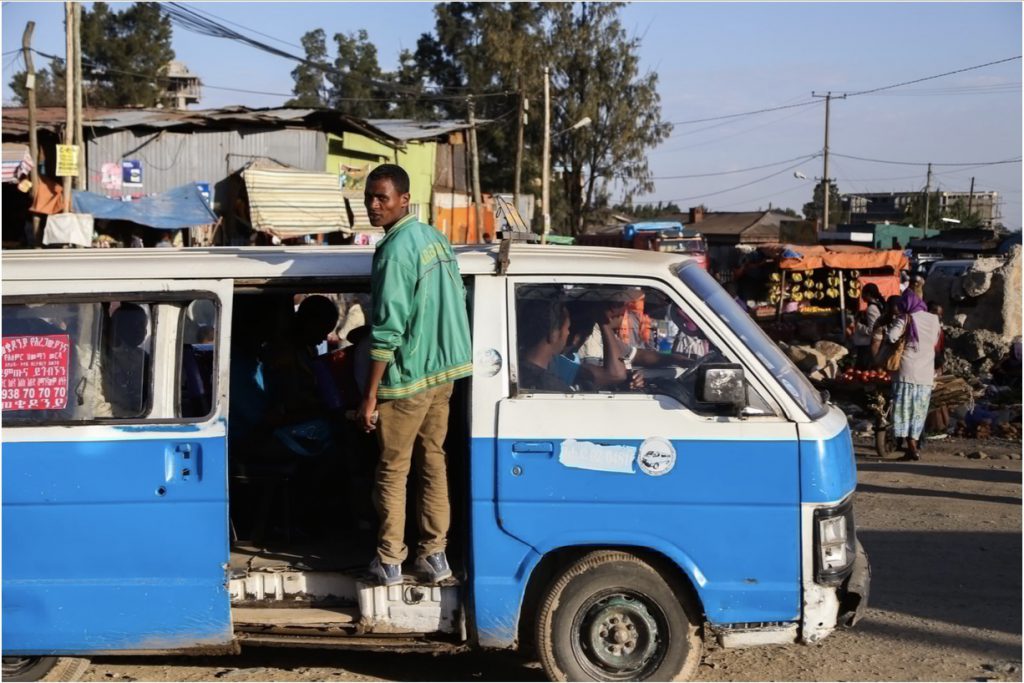
TfC Data Lab
Analysis of Ride-hailing Data
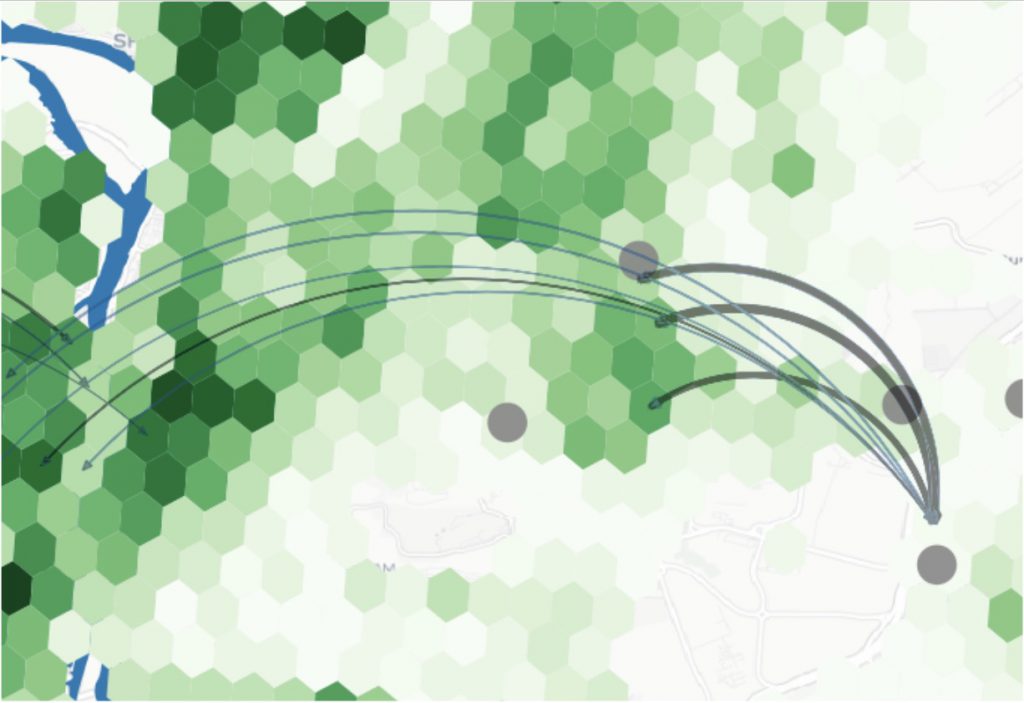
TfC Data Lab

Scope Ride-hailing Data, OD-Analysis
Status Completed
As part of the Multimodal Transport Strategy for the Greater Cairo Region, TfC analysed a representative sample of ride- hailing data provided by Careem. The 5 million+ dataset was transformed into an origin-destination matrix which helped identify the most travelled routes.
Mwasalat Misr Map

Scope
Schematic Transit Map, GIS, GTFS
Status Completed
Mwasalat Misr contracted TfC to provide a schematic map for their bus routes and interchange options within their network and with Cairo’s metro lines. We helped with choosing best location for their stops network, and we produced GIS and GTFS for those lines was used by MM in their journey planning app.
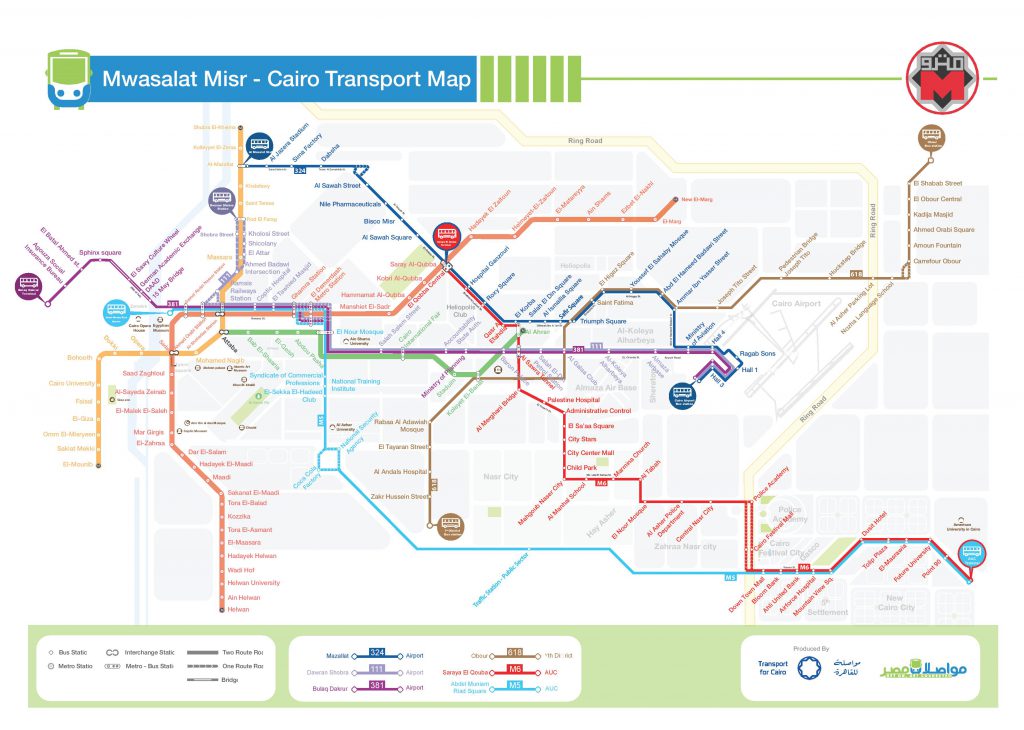
TfC Passenger Information (PIS)
Digital Cairo
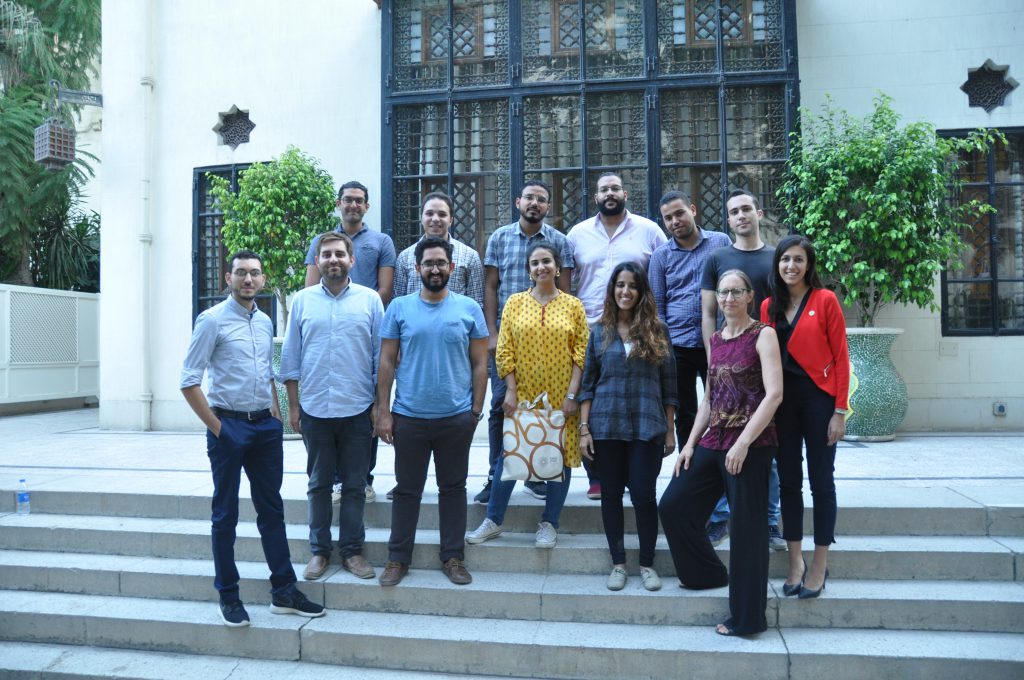
TfC Data Lab

Scope
Data Collection, GIS, GTFS, Research
Status Completed
Expo Live supports the Digital Cairo consortium as part of a cohort of projects and solutions from around the world whose solutions generate social and environmental value and are in line with Expo 2020 Dubai’s subthemes of Opportunity, Mobility and Sustainability. Expo Live will harness the convening power of a World Expo to demonstrate how innovations coming from all places and people can advance the pace of progress and inspire a more inclusive and prosperous future.
Towards Transit-Centric New Desert Communities (Policy Paper)

Scope
Policy Paper
Status Completed
This policy paper suggests solutions for utilizing urban mobility within the New Desert Communities (NDCs) to improve the living conditions of existing residents and attract more people to currently vacant housing, rather than simply continuing to focus on expansion.
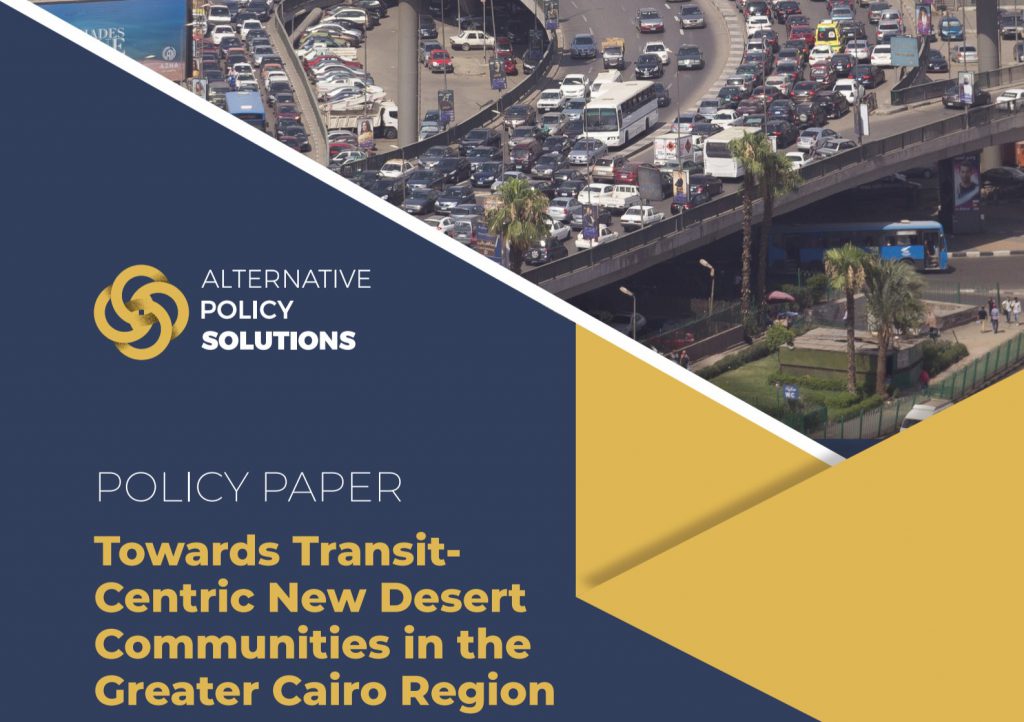
TfC Urban Mobility Lab
How Transit Mapping contribute to achieving Adequate Urban Mobility (Policy Paper)
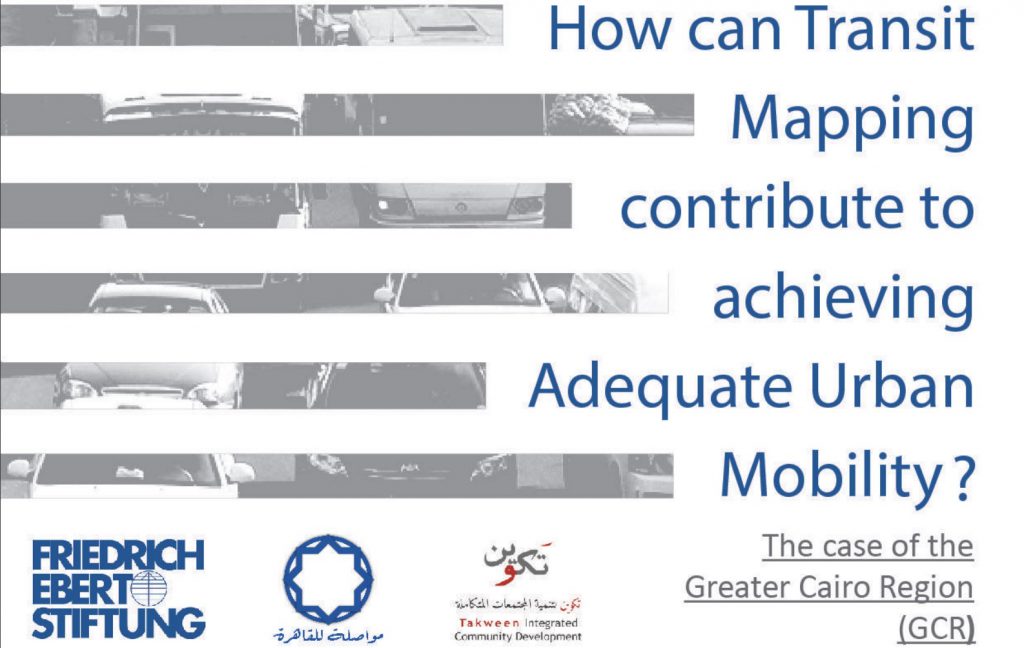
TfC Urban Mobility Lab

Scope
Policy Paper
Status Completed
Public transport will influence our mobility patterns, urban shape, social equity and economic performance for the coming decades. This policy paper – prepared by Transport for Cairo and Takween Integrated Community Development – outlines how mapping public transportation can achieve adequate urban mobility and achieve lasting sustainable development.


